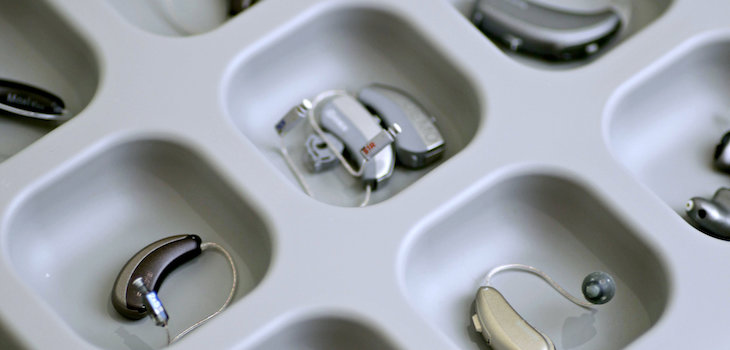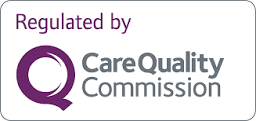
When it’s time to get a hearing aid, you usually have the choice of using NHS-provided aids or purchasing from the private sector. But what’s the best option for you?
It’s important to know what you want going into the process, especially since getting a hearing aid isn’t a one-day procedure. It can take several appointments to test your hearing, determine the best course of treatment, choose the aids, get them fitted, and adjusted. So, let’s talk about the benefits and drawbacks of both hearing aid options.
Pros
Cons
Pros
Cons
When it comes to choosing hearing aids there is no one right answer for every person. Your diagnosis is different, your needs are different, even your ears are different. Do your research and make sure you pick the best hearing aid for your situation.
Feeling like choosing a hearing aid is a minefield? Let us help – we would love to hear from you and give you highly qualified advice and start you off (or help you continue) your hearing aid journey.

Pindrop Hearing Limited is registered in England and Wales No 05909296 Trading address 41 Harley Street, London, W1G8QH. Pindrop Hearing Limited acts as a credit broker and only offers credit products from Tabeo.
Pindrop Hearing Limited is authorised and regulated by the Financial Conduct Authority. Our registered number is 796909. Credit subject to age and status.
© Pindrop Hearing 2025
£100 M&S Voucher
We'll also recycle your old hearing aids to the Starkey Foundation.